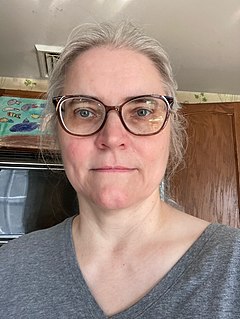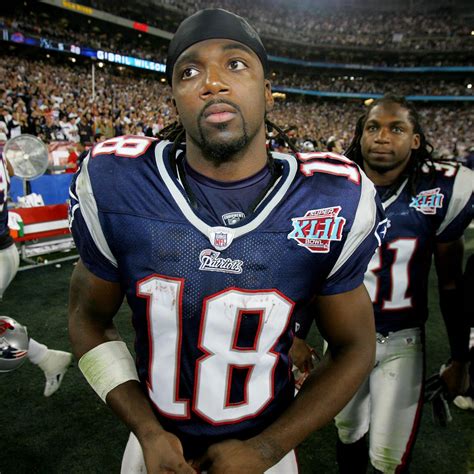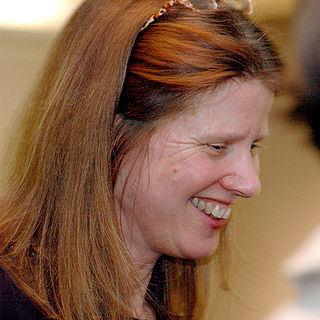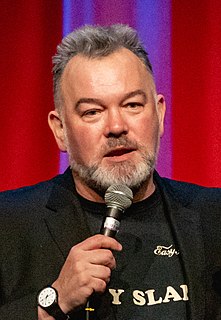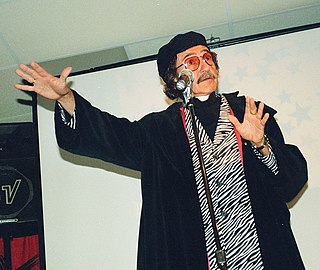A Quote by Rabih Alameddine
When I published my first work, I thought I would never be able to go back to Lebanon. I thought they'd arrest me at the airport. I thought I would change literature as we know it. I thought I'd have men lining up at my door wanting to be my boyfriend. But later I discovered that no one read the book. Or no one cared. Right now, I have only one book translated into Arabic. Someday, maybe if the Syrian regime falls, there will be others, but probably another regime will come into power and it will employ just as much censorship.
Quote Topics
Able
Airport
Another
Arabic
Arrest
Back
Book
Boyfriend
Cared
Censorship
Change
Come
Discovered
Door
Employ
Falls
First
Go
Just
Just As Much
Know
Later
Lebanon
Lining
Lining Up
Literature
Maybe
Me
Men
Much
My Boyfriend
Never
Now
One Book
Only
Others
Power
Published
Read
Regime
Right
Right Now
Someday
Syrian
Thought
Translated
Up
Wanting
Will
Work
Would
Related Quotes
My book review site and first blog, which I started in 2003. I started it because I was lamenting that while I read so much, I could hardly remember any of it. People would ask me what good books I'd read recently, or what I thought of a particular book, and my mind would go blank. At the same time, I'd just heard of blogging and found the idea interesting and thought I'd give it a try.
We feel an affinity with a certain thinker because we agree with him; or because he shows us what we were already thinking; or because he shows us in a more articulate form what we were already thinking; or because he shows us what we were on the point of thinking; or what we would sooner or later have thought; or what we would have thought much later if we hadn’t read it now; or what we would have been likely to think but never would have thought if we hadn’t read it now; or what we would have liked to think but never would have thought if we hadn’t read it now.
Sitting in the darkness of the cinema, I got to see another world. This imaginary world was a refuge for many of us. Of course, the films were controlled and censored by the regime. But I still thought, around this time, that maybe making films would be good for me. I thought of expressing myself through this medium, and of doing something for the Kurds. The options were clear: either I'd work as a lawyer under the Baath regime or make movies independently.
The aim of the book is to set a limit to thought, or rather - not to thought, but to the expression of thoughts: for in order to be able to set a limit to thought, we should have to find both sides of the limit thinkable (i.e. we should have to be able to think what cannot be thought). It will therefore only be in language that the limit can be set, and what lies on the other side of the limit will simply be nonsense.
I've never thought that I would see any man of color, not just a black president, but any man of color, I never thought that I would live to see that. I thought maybe my grandchildren would, but I never thought I would. So when Barack Obama first started to run I was like, "I've never heard of this guy - he probably doesn't have a shot." But then he started picking up steam and that piqued my interest.
I had read [Charles] Dickens's novels were often published serially. I thought it would be fun to write a book, just sitting down and writing a chapter every day, not knowing what would happen next. So that's how I wrote the first draft. And then of course I had to go back and make sure everything worked and change things.
When I first told people I was writing a book, some would say that was interesting, but others thought it was some holiday project and I would lose interest. I think my parents thought the same thing, and they were surprised when I kept going. I'm not sure I thought I would keep going, but then it became a big part of my life.
I've always thought Harper Lee might have made a great decision. Much as you'd like to have more books by her, there's something about just one that's kind of mysterious and nice. On the other hand, the New York gossip about me was that I'd never write another book. So I thought, 'Well, I will then.
I've always thought Harper Lee might have made a great decision. Much as you'd like to have more books by her, there's something about just one that's kind of mysterious and nice. On the other hand, the New York gossip about me was that I'd never write another book. So I thought, 'Well, I will then.'
There will never again be a day exactly like today. There will never again be a moment exactly like this moment. After my next birthday, I will never again be the age I am right now. After midnight tonight, today will be part of history. Someday I'll be dying and I'll wish I'd done all the things I want to do now. Someday I'll be dead and I won't be able to do anything. But today, right now, I'm alive. And yet I'm writing nonsense on the back of my literature book. But I'm alive. And yet I'm just sitting here. But I'm alive.


